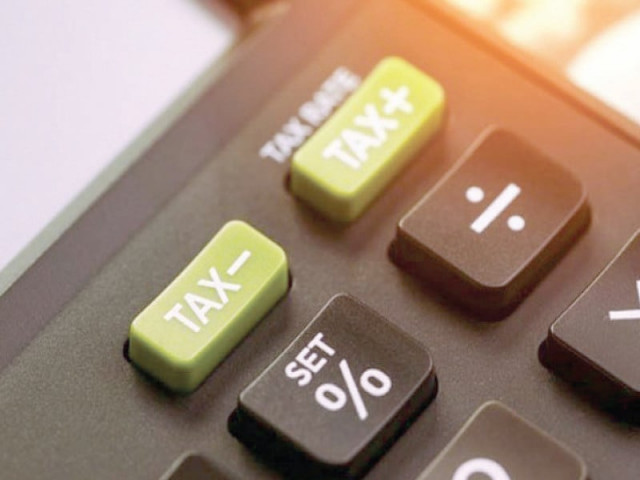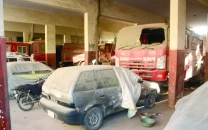Sindh eyes cantt property tax
Cabinet says will let cantonment boards keep 2% of collection as service charges

Chief Minister Murad Ali Shah presiding over a cabinet meeting, approved collection of property tax from military cantonments.
The cabinet,in its policy decision, approved the plan that the cantonment boards would keep levying and collecting property tax in their respective areas, keep two per cent service charges and hand over the rest of the amount to the provincial government.
The cabinet approved a plan to levy and collect property tax from the cantonment areas as per
Supreme Court decisions.
The cabinet was informed that the Supreme Court had ruled that the provincial government would be responsible for imposing and collecting taxes on immovable property in the Cantonmentn areas.
Currently, the Cantonment boards have been levying and collecting the property tax and entertainment duty.In addition to other cantonments in the province, Karachi has six including Clifton, Faisal,Korangi Creek, Karachi, Malir and Manora. Of these, Clifton,
Karachi and Faisal Cantonments are home to the most expensive real estate of the city.
Minister Local Govt Saeed Ghani told the cabinet that the provincial government has devolved the collection of property tax from the Excise & Taxation Department to the Local Government in July 2022. He added that the levy and collection processes were still under the purview of the E&T dept with human and other resources; this procedure would continue for the next three years.
The meeting was held at CM House on Thursday and was attended by provincial ministers, advisors, the chief secretary, the chairman Planning and Development (P&D), SMBR concerned secretaries and others.
Hub Canal Project
The Sindh CM decided to rehabilitate the Hub Canal using government funds. Although the Hub River and Hub Dam are in Balochistan, a canal from the river supplies water to Karachi.
The city relies on two major water sources: the Indus River through Keenjhar Lake, providing about 570 million gallons per day (MGD), and the Hub Dam. Built in 1982-84, the Hub Canal's capacity has decreased from 100 MGD to 70 MGD. Areas such as Orangi, Baldia, Kemari, SITE, and New Karachi depend on this supply.
A previous attempt to rehabilitate the canal under a Rs75 billion Public-Private Partnership (PPP) failed. The water board has now proposed rehabilitating the existing canal and constructing a new 100 MGD canal parallel to it, costing Rs9.8 billion and Rs2.92 billion respectively. The cabinet approved the proposal and directed the water board to expedite the work.
Electric busses
Transport Minister Sharjeel Memon informed the cabinet that the National Energy Transport Corporation (NETC) has introduced 50 buses on three routes. TIP proposed a "Rent-to-Own" financial model for the supply, operation, and maintenance of electric buses, along with EV charging, depot infrastructure, and alternative energy production.
The cabinet considered a proposal for Rs412.5 million during January-June 2024 for monthly payments for 50 electric buses, followed by an annual allocation of Rs825 million for seven years and Rs 412.5 million for the last six months of the contract period. After seven years, the buses would become the property of the Sindh government.
The Sindh cabinet approved the incentives for electric vehicles (EV) at the already notified rate for a further period of two years. The non-commercial EVs would remain exempted from registration fee for two years. The annual Motor Vehicle Tax (MVT) of EVs will be Rs500 only. Luxury Tax on EVs will be reduced to Rs5000/- for 2000cc and above (or equivalent KW) vehicles only. MVT for electric motorcycles would be recovered at Rs500/ once for all (lifetime).
The cabinet members after discussions and deliberation approved the allotment of 100 acres of reclaimed land between Shaheed-e-Milat Expressway and Malir Expressway, Deh Drigh, Nai Malir, Karachi to the Department of Empowerment of Persons with Disabilities (DEPD) for an Inclusive City



















COMMENTS
Comments are moderated and generally will be posted if they are on-topic and not abusive.
For more information, please see our Comments FAQ